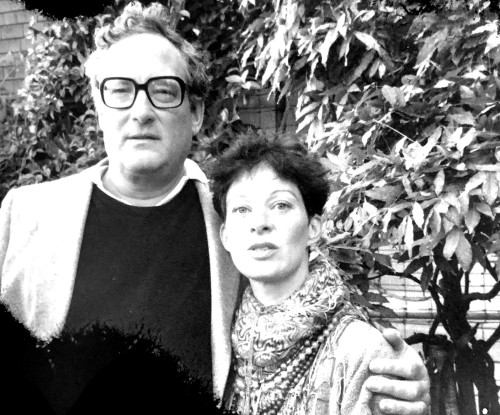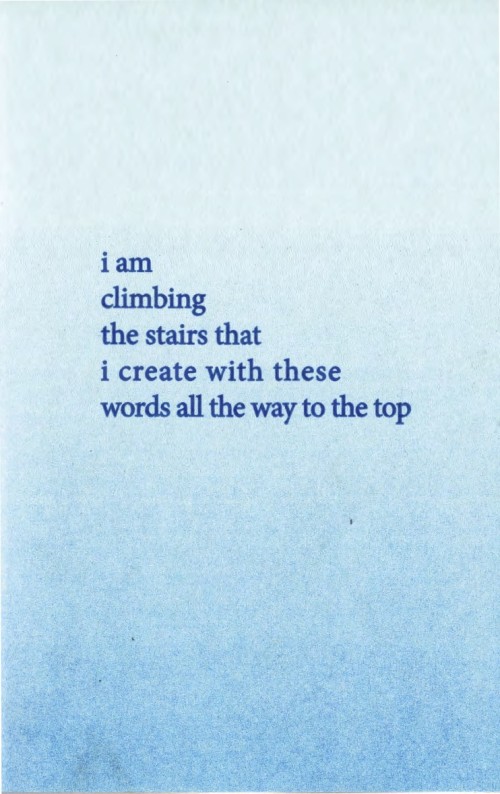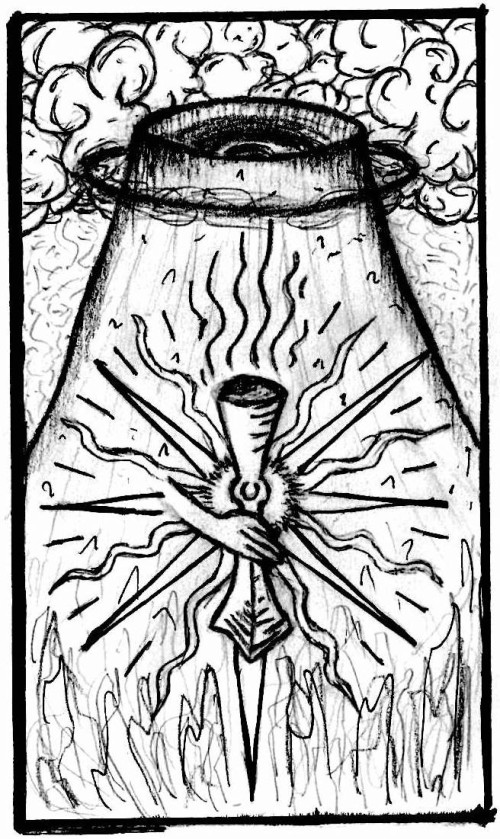One link between the pieces collected in this issue of the Poetry Project Newsletter is a sense of being impatiently fixed in place. Anjali Emsellem, introducing a series of currently incarcerated poets, suggests that the “relationality of building a writing structure” can push past prison regulations—like book bans, censorship of organizers like Pennsylvania’s Stevie Wilson, or restrictions on receiving mail—that aim “to block intimate communication and collaboration.” Emsellem’s suggestion rhymes with the claim that Rob Halpern explores in his review of Emily Abendroth’s Sousveillance Pageant: that a poetry wherein “the unrecognizable and the over-the-top converge” pierces the “realism” of the prison. What else shakes us loose from being so ruinously stuck wherever we are?
Maybe experimentation. “We can’t know what these experimental drugs will do to the children!” Zach Ozma mock-shrieks in his review of Stephen Ira’s Chasers. “Oh, she’s experimenting with gender. He’s experimenting with men. She’s experimenting with women. It’s normal to experiment! They’re experimenting with hormones. Think of it as a sexual experiment! This is too experimental. It’s kind of a social experiment.” And then, more seriously: “The experiment reaches forward, seeks to know more, seeks a different condition and so creates it.” Rebecca Teich explores Stacy Szymaszek’s experiments with rewriting Pasolini, which, in a sense, aim to free the writer from being fixed in a highly gendered timeline: “Szymaszek inverts the paradigm of the childish adult to reveal the unique nonconformity of the adult-like child. The nonlinear interplay between childhood, gender nonconformity, and queerness reveals this cruel world in which such children are viewed as ‘both a threat and in need of protection’ while simultaneously obscuring and denying children’s autonomy.” Ozma and Teich converge on language’s slippery playfulness to break something free, and I think Simone White does something similar in her ekphrastic riff on a murderous history’s art record: “This was supposed to be an art historical joke about Washington’s balls.”
It’s summer—maybe, like Ozma says, the “summer of the chaser”—so here’s a word about love as well. Pride Sunday, Octo Octa and Eris Drew played back to back at the Knockdown Center; for me, the set peaked when the two lover-collaborators played the Fatback Band’s “Spread Love” for a delirious half hour. I’m here to spread love all over the world, right here, right now, like it’s good news, a political program, or a mass social experiment not in private longing but collective life. In a vulnerable essay on Sara Dosa’s documentary Fire of Love, James Barickman recalls asking the director what making her film taught her about love. The film follows the French volcanologist couple Katia and Maurice Krafft over their two decades spent chasing eruptions, capturing footage of lava flows and developing the science to enable mass evacuation plans. Barickman writes: “There’s a laugh, a rustle of bemused film bros permeating the theater. But Dosa regards my question with sincerity. While maintaining constant—dare I say, burning—eye contact, the director explains that the film has taught her how to live & die with meaning.” That feels dramatic, but no more so than the political moment and its fever pitch of emergency—right here, right now—which the issue’s essays and poems in some sense are all responding to. Get into it.


